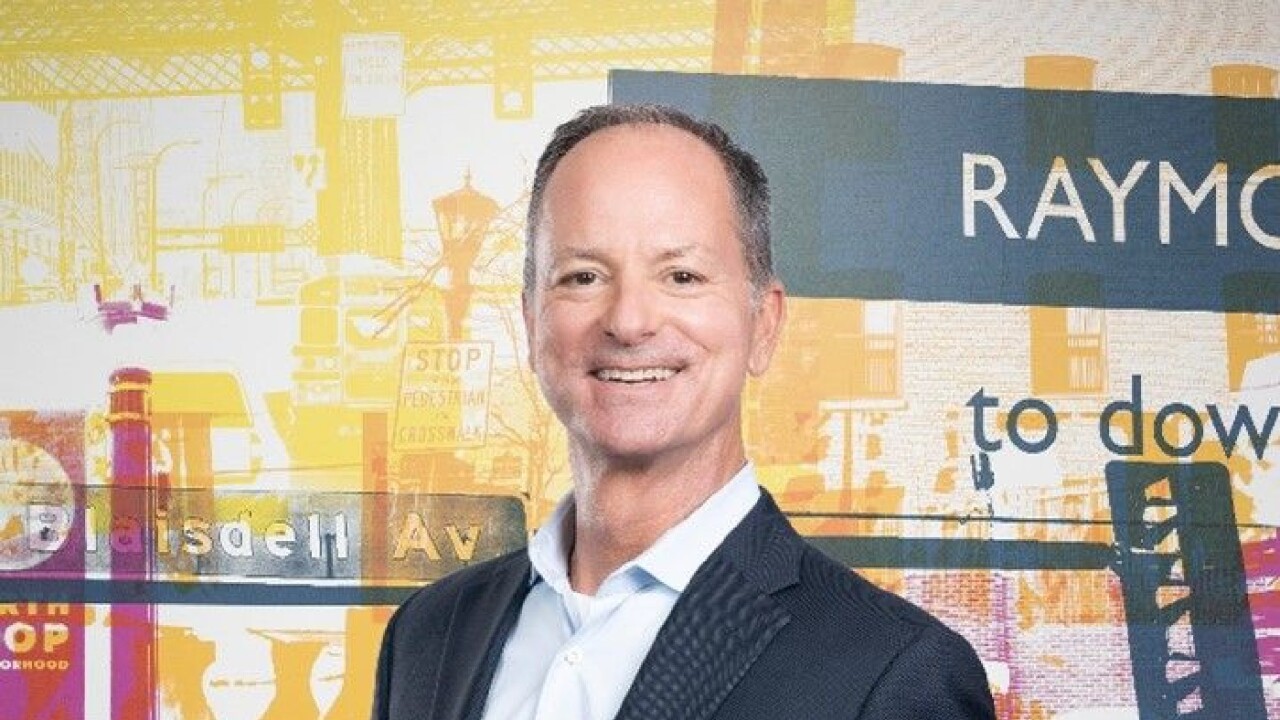Want unlimited access to top ideas and insights?
Welcome to the PaymentsSource Morning Briefing, delivered daily. The information you need to start your day, including top headlines from PaymentsSource and around the Web:
Mastercard expands AI tech:

Amazon expands its menu: Amazon's multi-pronged assault on the grocery industry is going beyond Whole Foods, AmazonFresh Pickup, Amazon Go, and its many other existing channels for selling food. Its next efforts could be "meal kits," a model similar to that of Blue Apron,
Swift opens up compliance group:
Revolut boosts its payroll game: Automating salaries has become a large part of payments innovation, particularly as employment structure changes to accommodate more contractors and part-time workers. Financial services startup Revolut has drawn a $66 million investment led by Index Ventures, and has quickly put that money to work on a feature that allows users to generate their own International Bank Account Number (IBAN) for Euro transactions.
Max Baucus says China's beating the U.S. at payments innovation: China is rapidly embracing digital payments and is overtaking the U.S., according to Max Baucus, former U.S. Ambassador to China and former Democratic U.S. Senator from Montana.
From the Web
Chicago Tribune | Mon Jul 17, 2017 - In most of the world, buying goods with a credit card equipped with a chip is a mindless, routine task. Americans, having arrived late to chips after decades of swiping magnetic stripe cards, are having a much harder time with it. Customers' experience with chip cards should improve gradually, one upgrade at a time, as the systems become more standardized, industry experts say. Slow transactions and confusing interfaces will disappear, or retailers risk losing customers to rivals with more pleasant checkout experiences.
China Daily | Tue Jul 18, 2017 - Chinese e-commerce giant and data technology provider Alibaba Group has just unveiled a cashier-free retail store. The online group has joined other retail chains and tech startups flocking into the market with their own solutions, making staff-less retail one of the hottest tech trends. Tao Cafe opened for a trial run on July 8. In the footsteps of the Amazon Go store that made a big debut last year with its use of tracking cameras, it utilizes a facial and voice recognition system. Purchases are tracked by a facial recognition camera, and the system automatically generates bills as soon as customers walk out of the specially designed gate that can identify them with biological sensing technology. Kicking it off before Alibaba, Guangdong-based tech startup BingoBox started to spread its version of staff-less stores, after being granted 100 million yuan ($14.8 million) in its first round of financing. Unlike Tao Cafe, Bingobox is more of a hybrid between convenience stores and vending machines, where customers can walk in and pay by scanning QR codes on their phone. This bypasses eye contact and small talk that normally take place with cashiers in traditional stores.
Reuters | Tue Jul 18, 2017 - British lawmakers said restricting the movement of EU citizens' data after Brexit would hurt trade and security co-operation, and transitional arrangements should be made by the government to keep information flowing after Britain leaves the bloc. British companies trading with the European Union after Brexit will have to comply with the strict rules the EU imposes on anyone taking data from consumers in the bloc. However, suspicions in Europe that London tolerates more intrusion by security agencies than in countries such as Germany might result in Britain facing demands for even tighter rules for handling EU citizens' data, experts have said. A committee of the upper house of parliament said on Tuesday that Britain could be put at a competitive disadvantage and the police could lose access to intelligence, if the government failed to retain unhindered flows of data.
More from PaymentsSource
Large outdoor events were among the earliest proving grounds for mobile point of sale technology. Will this environment be as welcoming of digital currency?
A little competition is almost always a good thing, and the same is certainly true when governments compete to provide efficient services and productive environments.
Bank of New York Mellon may be the nation’s oldest bank, but it’s urgently trying to solidify its status as the essential technological backbone of the financial services industry. Charlie Scharf, the former head Worldline to buy Digital River World Payments for European expansion
Payments services provider Worldline has agreed to acquire the Digital River World Payments unit of Digital River Inc. to bolster its online payments offerings to large merchant clients.





